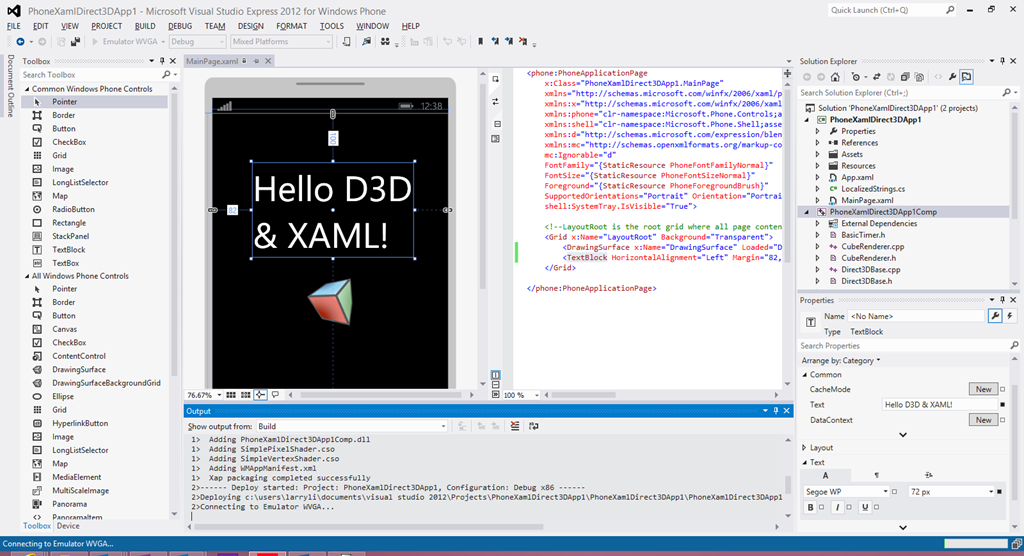Wilhelm writes:
Microsoft was late. And yet, from the first taste of Windows Phone, through its 7.1 upgrade issues, Nokia’s entrance, the much awaited 7.5 firmware bump, and most recently the relaunch of the platform as Windows Phone 8 sporting a shared core with Windows itself, the slope for the mobile platform has been inexorably up and to the right.
The grind appears to be over, in the initial sense, for Microsoft however, as its recent mix of new software - Windows Phone 8 itself – new hardware – the Nokia Lumia 920, 820, and the HTC 8X – and new developer tools have come together to propel Windows Phone forward from junior status and into the big leagues.... Windows Phone cannot match iOS or Android in terms of scale, but the platform is no longer a piece of potential, and is instead a full, mature player in the modern smartphone game.
Microsoft have certainly made sure they have a seat at the table, and the three indicators Wilhelm uses (the uptake of the SDK, hardware sales, and app download numbers) are all based around the app economy. While Microsoft is on good ground here (comfortably past 125,000 applications published for the Windows Phone platform), the third party developers need to place Windows Phone alongside iOS and Android for the patform to truly soar.
If there's money in developing for Windows Phone, then the developers will come. What we need now is some solid case studies and independent numbers on third party income from the platform. That's going to trump everything else.

Wilhelm's full editorial can be found at The Next Web.
